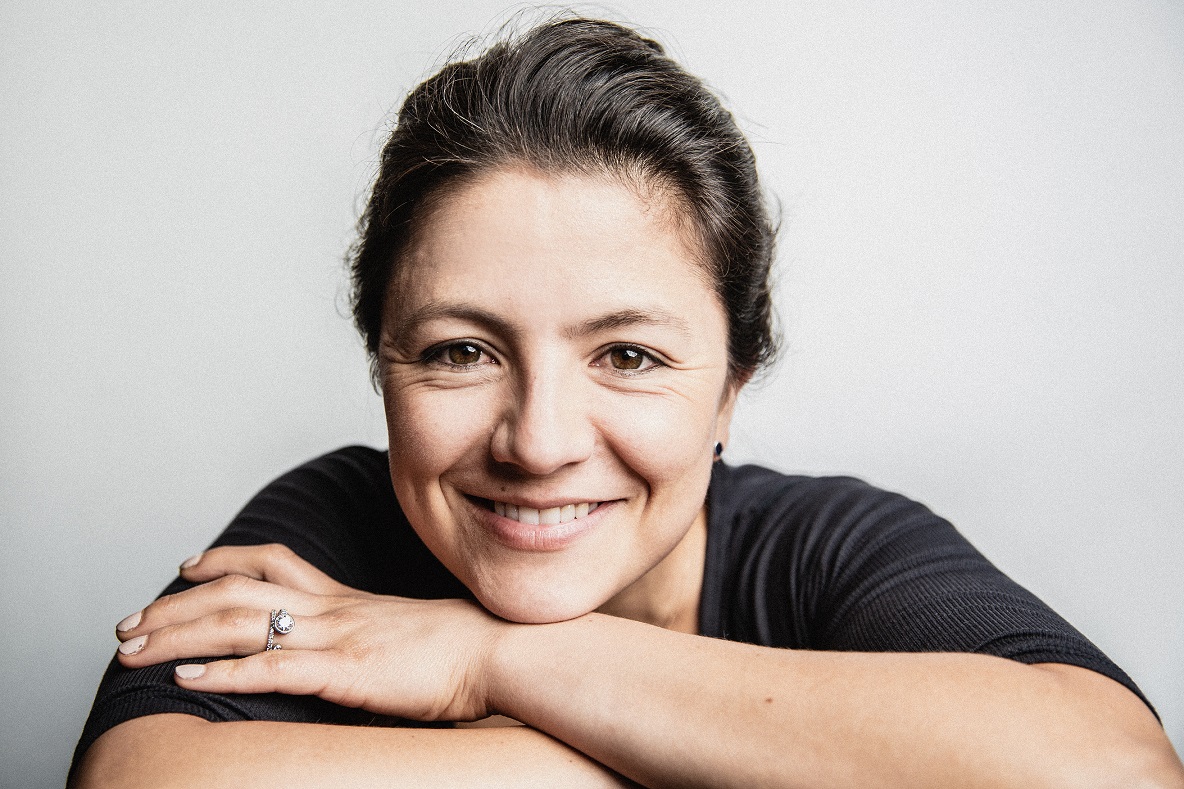My favorite new obsession is asking myself WHY do I do the things I do.
I ask my clients to do the same.
Why do you decline cake at a birthday party?
Why do you exercise?
Why do you avoid carbs?
Why not get rid of old clothes that no longer fit you?
Why do you weigh yourself every day?
This is a simple yet effective way to bring awareness to our behaviors, understand how culture shapes who we are, and find freedom from patterns that don’t serve us.
Our thoughts and behaviors about food and our bodies don’t happen in a vacuum.
When we inquire where they come from, we somehow always end up with diet culture.
Diet culture is a set of beliefs that worship thinness and particular body shapes. From diet culture we learn that thinness is health. Thanks to diet culture we’ve normalized the pursuit of weight-loss at all costs, demonize certain foods, and consider ourselves “good” when we’re able to avoid sweets.
Diet culture explains our beliefs about beauty, health, food, weight, willpower, and the body. It’s the reason why most of us learn that there’s something wrong with our bodies at a young age and why 80 percent of 10-year-old girls have been on a diet.
All of those behaviors you struggle with are rooted in diet culture — the food obsession, body image issues, binge eating, emotional eating, second-guessing your food choices or over exercising.
Think about it.
If thinness wasn’t worshiped in our society, would we worry about weight-gain?
If we didn’t think that eating “clean” was a sign of self-control or even success, would we care how we eat in front of other people?
If we didn’t think being fat is a bad thing, would we diligently track what we eat or praise weight-loss?
If we didn’t attach our self-worth to a number on the scale, would we suffer when the number is not what we expect?
Asking WHY helps us uncover how diet culture shapes our behaviors, our sense of self.
It also gives us the opportunity to take charge and autonomously decide how we want to respond. It gives us the chance to rebel! To be the authors of our own reality.
When we practice getting to the root of why we do the things we do, we start transitioning from socialized to self-authoring minds, as psychologist Robert Kegan describes it in his Theory of Adult Development.
This means that we become more self-aware and in charge of our behaviors; we are able to determine when diet culture is interfering with our lives, ruling over our thoughts, and creating limiting narratives of what we should eat or look like.
Asking why leads to awareness and allows you call the shots.
Try it.
Why do you say no to chocolate? Is it because you really don’t want it? Or because of the calories?
Why do you eat a bowl of vegetables for lunch? Is it because you have a desire for them? Or because you’re supposed to have a low-cal meal?
Why are you going for a run today? Do you want to? Is it the feeling of relaxation that you’re looking for? Or is it because yesterday you had ice cream?
As often as you can, ask why.
If you find that the motivation is “to lose weight”, “to burn calories”, “to maintain my weight”, etc. you know it’s diet culture calling the shots.
Not you.
Written by Lina Salazar.


